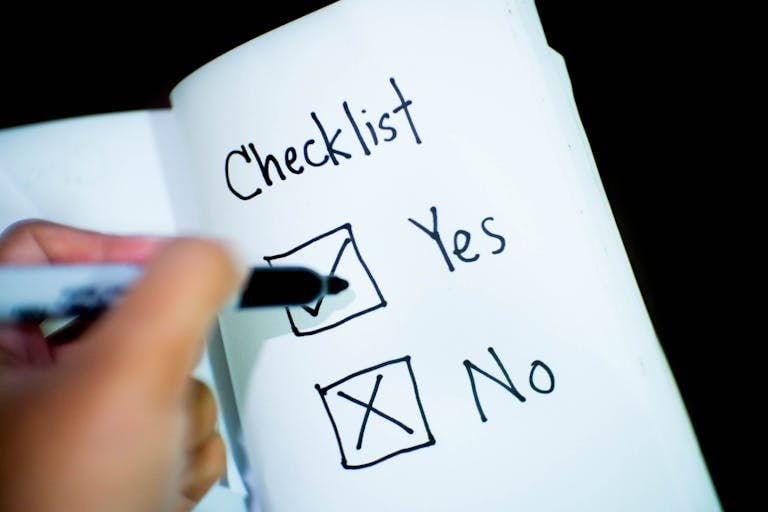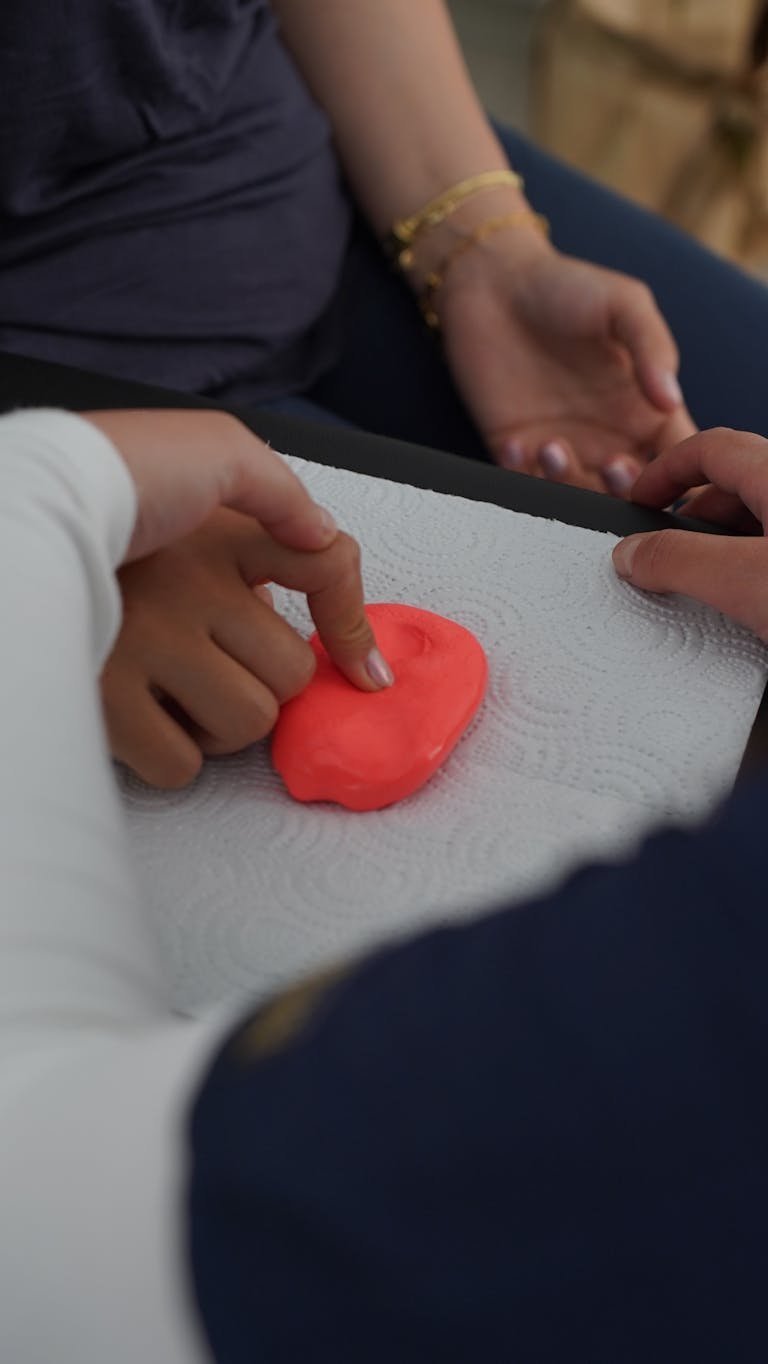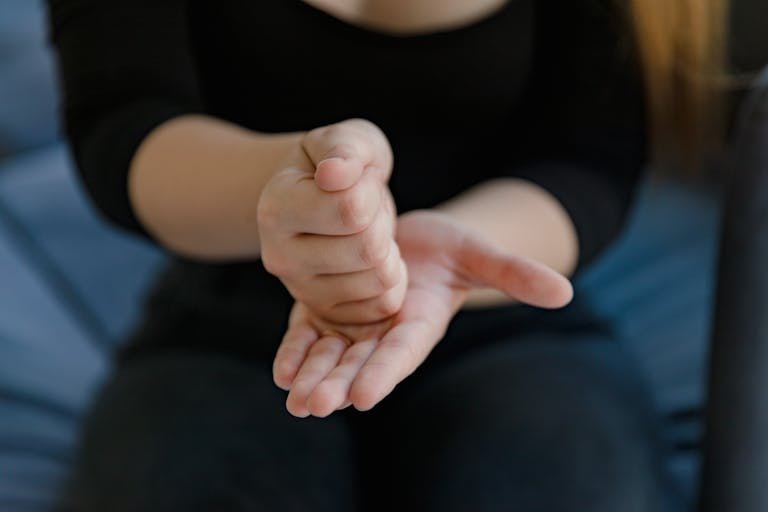Prepare Your Observations for Autism Assessment and Diagnosis
The Behavior Observation for ASD tool, is designed to guide you in gathering and structuring the very information that can be crucial when speaking with a doctor about a potential autism assessment.








